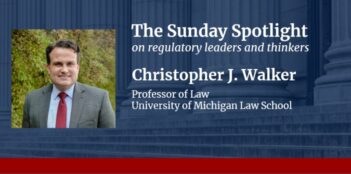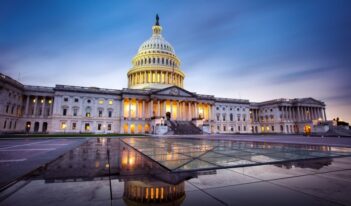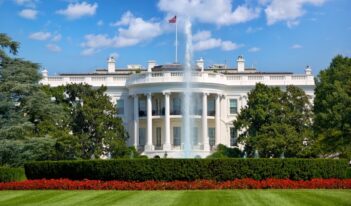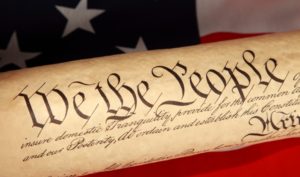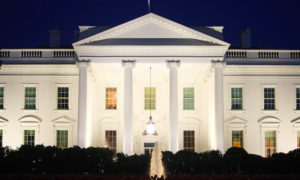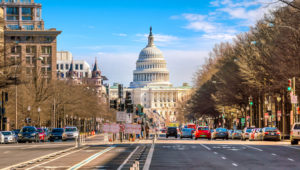Judicial Constraints on Agency Action
Christopher J. Walker discusses how developments in administrative law doctrines could constrain agency action.
Overturning Chevron Will Not Transform Congress
Claims about the consequences of remaking Chevron deference require empirical backing.
The Supreme Court’s Self-Coronation
The U.S. Supreme Court’s current docket presents the Court with more opportunities to empower itself at the expense of other governmental institutions.
Threats to Administrative Competence
Civil servants report that the Trump Administration posed an existential threat to expertise in the federal bureaucracy.
The Misuse of History to Undercut the Modern Regulatory State
Originalist arguments for rewriting administrative law are weaker than they seem.
Empathy in an Automated State
Increased use of artificial intelligence in public administration calls for efforts to give government a human touch.
Improving Participation, Impact, and Fairness in the Administrative State
ACUS issues new recommendations to enhance administrative governance.
Putting the Fizz Back Into Bureaucratic Justice
In a recent book, Cass Sunstein and Adrian Vermeule defend the administrative state against political threats and growing distrust.
The Past and Present of Racism in the Administrative State
Creating an anti-racist administrative state requires confronting and dismantling historic, systemic racism.
Racism, Regulation, and the Administrative State
Leading scholars address the ways in which racism pervades the modern administrative state and legal profession.
The Administrative State Is Neglecting Regulatory Benefits
Scholar argues for regulatory reforms grounded in an intense focus on net benefits.
Is Most of the Federal Government Unconstitutional?
The academic debate over the history and the future of the nondelegation doctrine is far from over.

